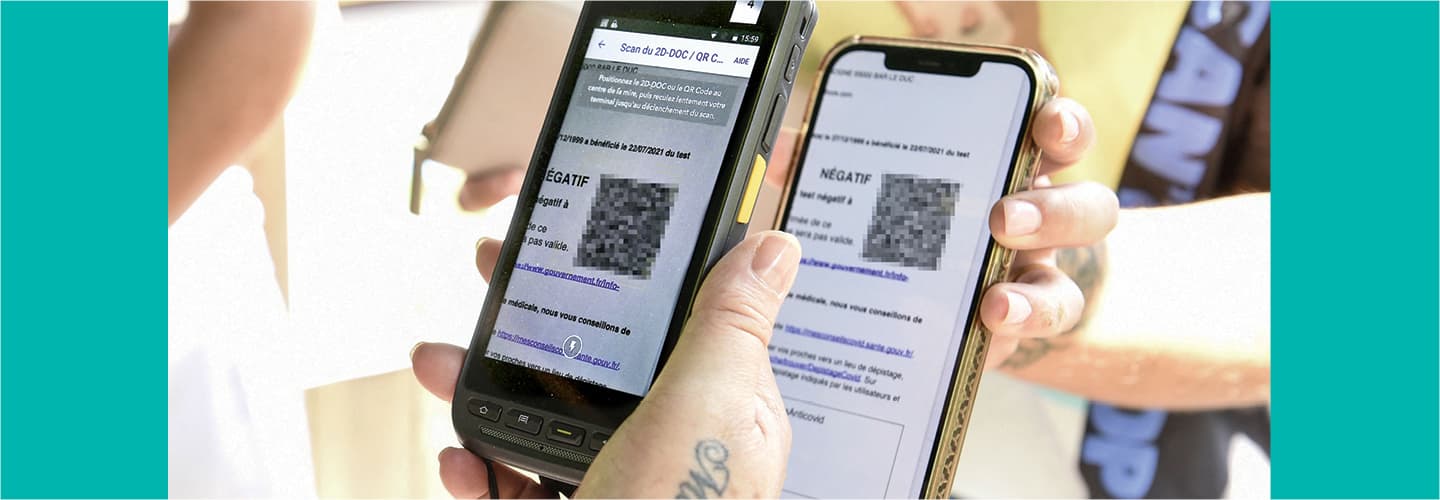After a year of immense hardship brought on by Covid-19, and with vaccines now widely available to everyone 12 and older, Americans are eager to get back to the things they love. To support doing that safely, we need a system for knowing that the people around us are vaccinated. Vaccine passes are that system.
As a nation, we’re in a much better place with the pandemic than we were a year ago. But scientists tell us that at least 70 percent of the population needs to be vaccinated in order for our country to reach herd immunity—the point at which enough people are immune to Covid-19 that the virus can no longer circulate effectively. We haven’t yet reached that threshold as a nation. And beyond U.S. borders, the pandemic is still raging freely in many countries. Now is not the time to throw caution to the wind.

